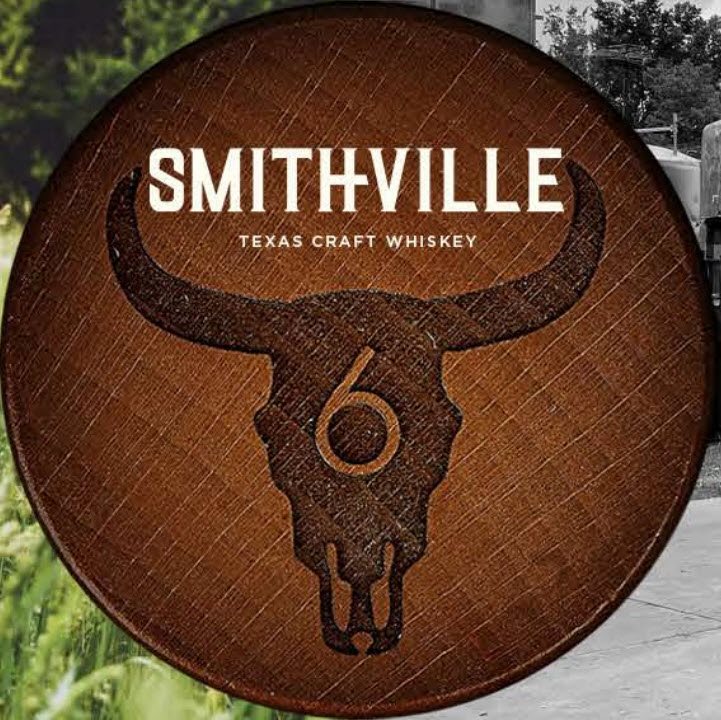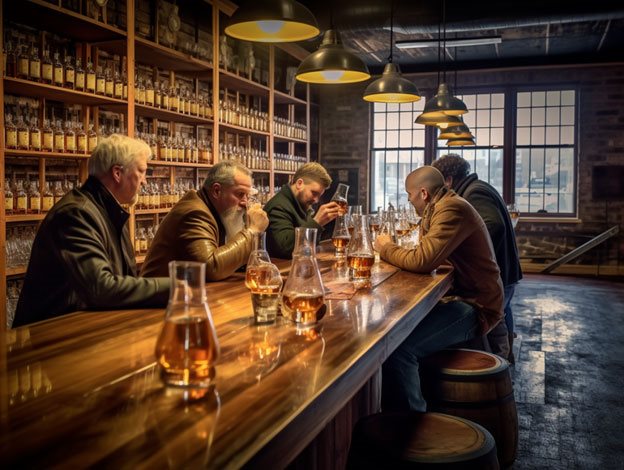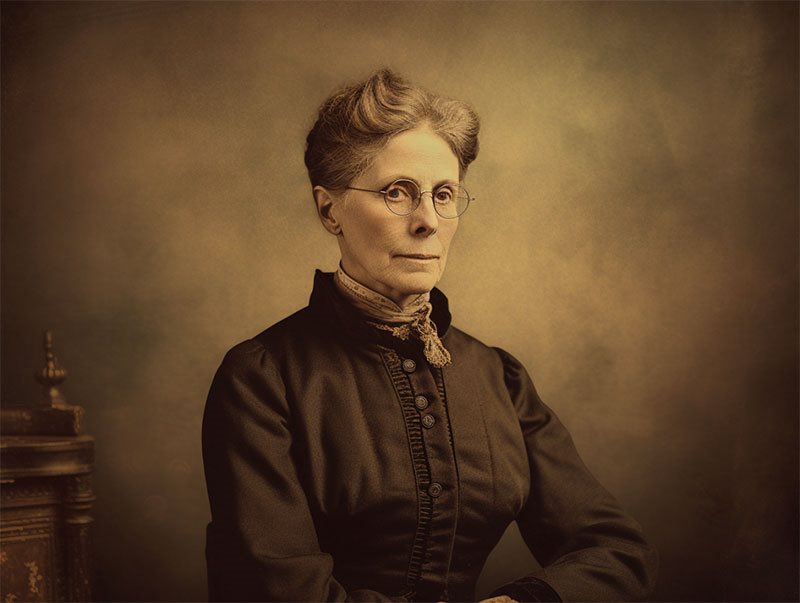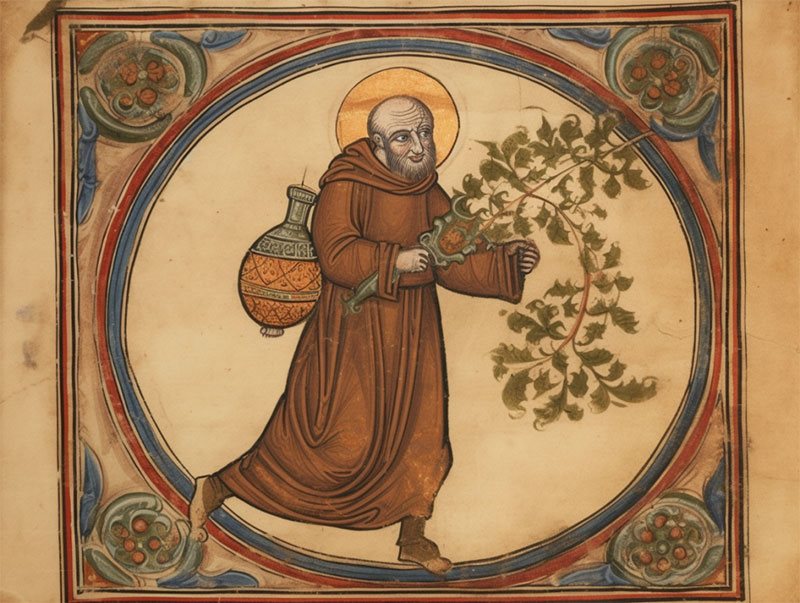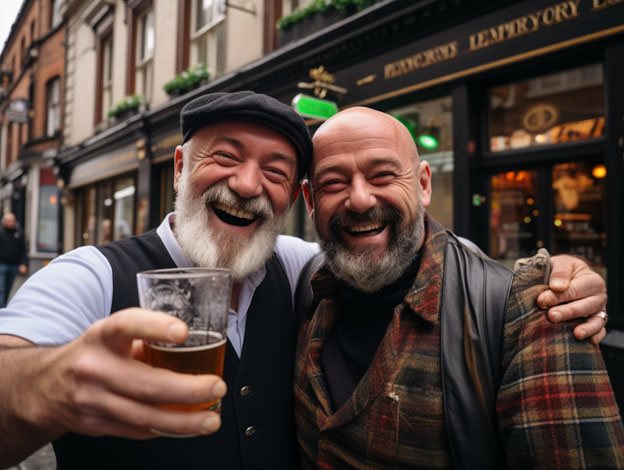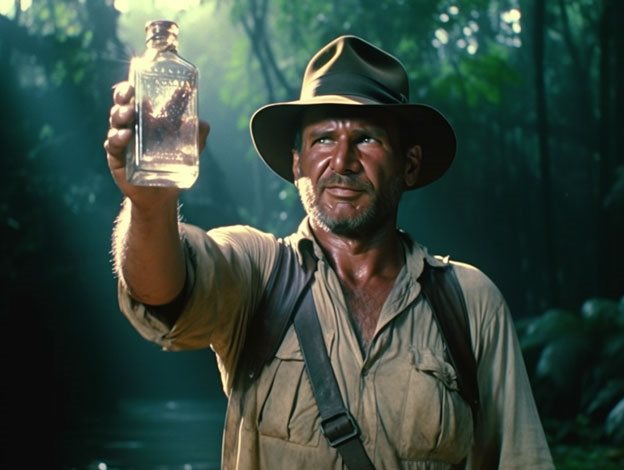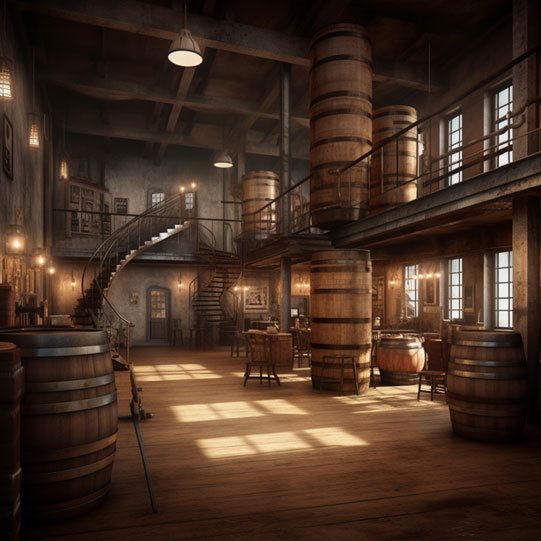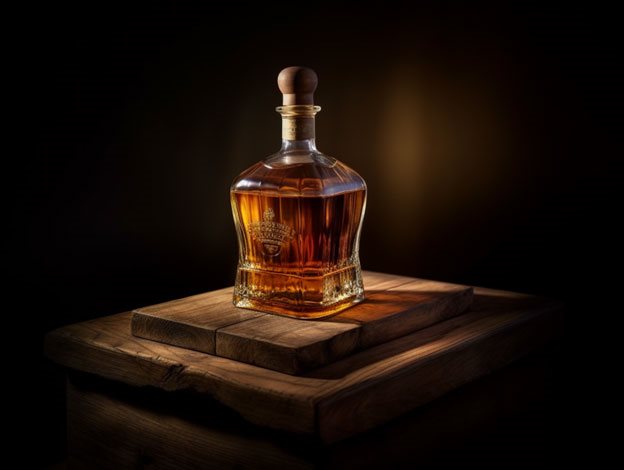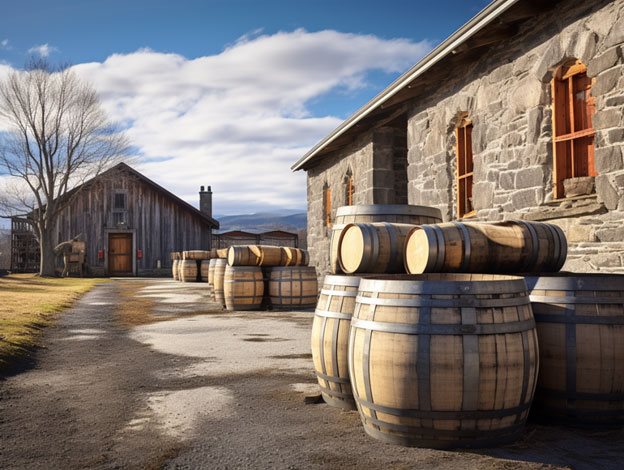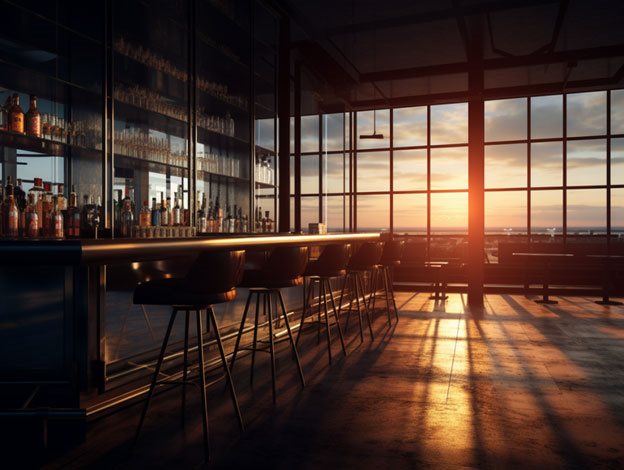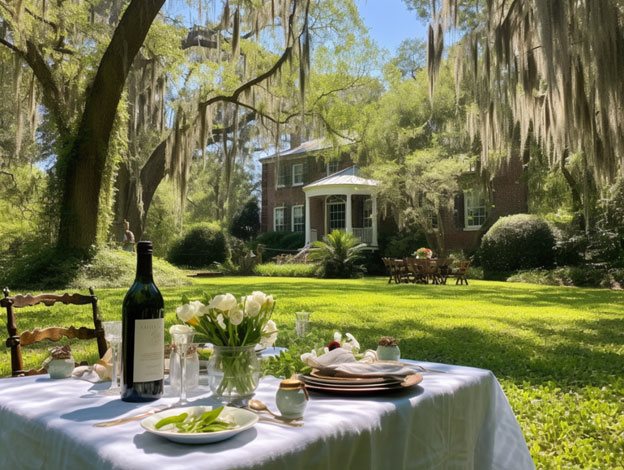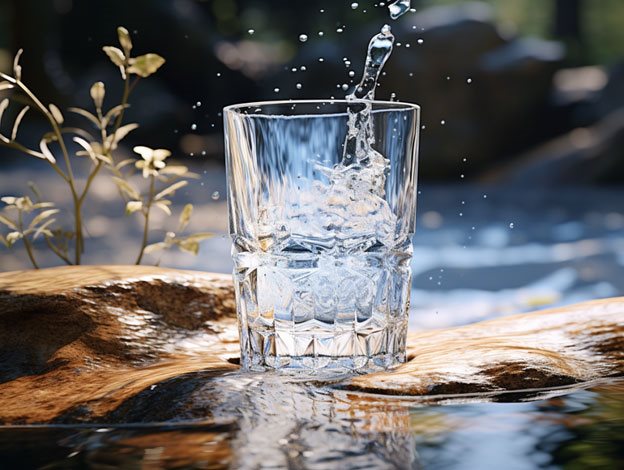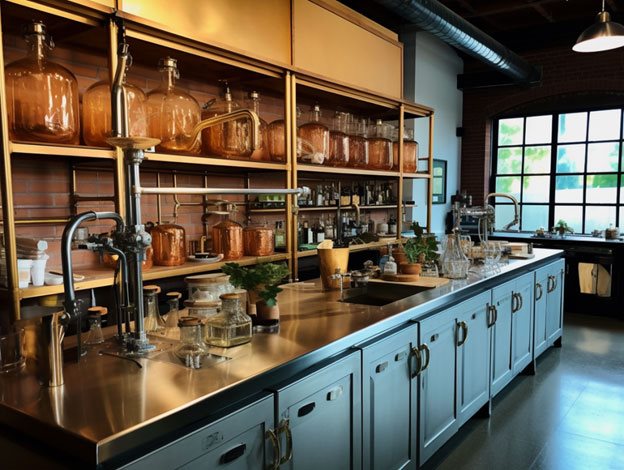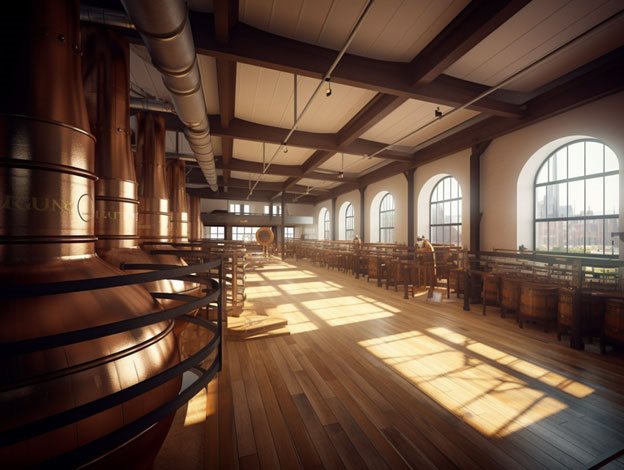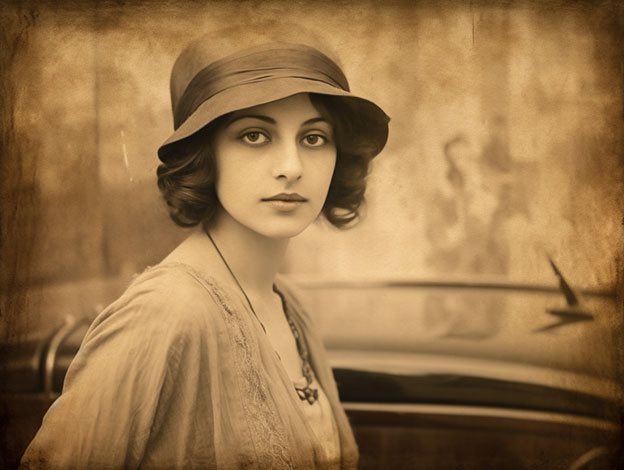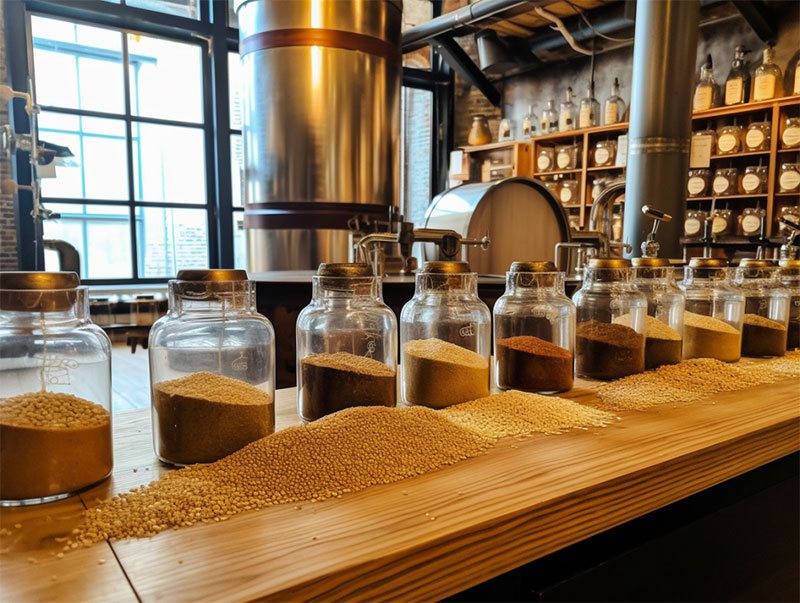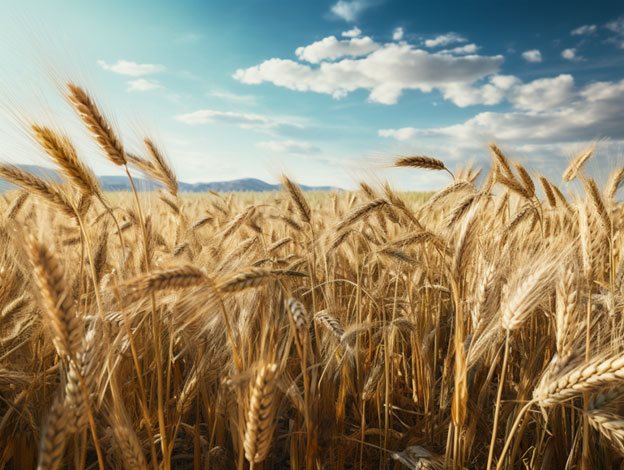The history of whiskey, or whisky as it's spelled in some countries, is long and somewhat shrouded in time. While the exact origins of whiskey are unclear, we can trace its ancestry back to the art of distillation, which was developed around 2000 BC by ancient Babylonians and Mesopotamians, primarily for perfumes and medicine.
However, the first known records of distillation of alcohol are found much later in Italy during the 13th century, where alcohol was distilled from wine. The technique spread across Europe and arrived in Ireland and Scotland around the 11th century, where it was applied to beer, leading to the creation of the spirit we now know as whiskey.
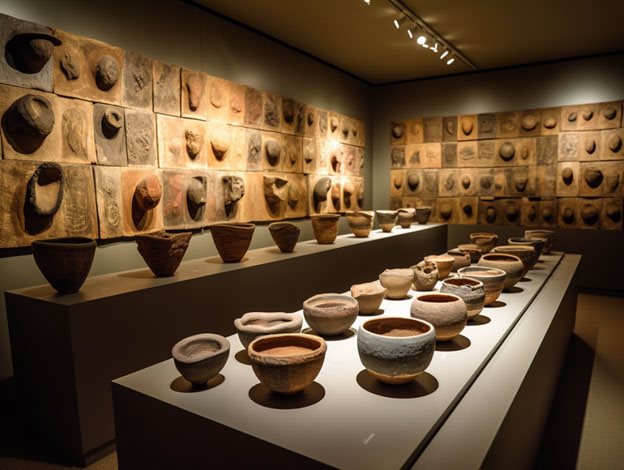
Early Whiskey in Ireland and Scotland
The earliest known written record of whiskey comes from Ireland. The Annals of Clonmacnoise, an Irish history, in its entry for the year 1405, mentions the death of a chieftain who drank too much "aqua vitae" at Christmas - 'aqua vitae' being the Latin term for water of life, which in Irish is "uisce beatha", anglicized as "usquebaugh" and eventually shortened to "whiskey".
In Scotland, the first written record of whiskey production dates back to 1494, in the Exchequer Rolls, which were records of royal income and expenditure. An entry cites Friar John Cor of Lindores Abbey in Fife, who was commissioned by King James IV to make about 500 bottles of whiskey.
Monastic Origins and Spread
Whiskey distillation during these early periods was primarily a monastic activity. Monks, lacking access to grapes for wine production in these often cold and harsh climates, turned to fermenting grain mash, resulting in the first distillations of modern whiskey.
With the dissolution of monasteries in the 16th century, driven by the English Reformation, monks who were experienced in distillation moved into the wider community, taking their knowledge and skills with them. As a result, whiskey production spread into domestic settings, marking the beginnings of wider whiskey production.
Early Regulation
By the late 16th and early 17th centuries, whiskey production had become widespread in Scotland and Ireland. This prompted governments to impose regulations and taxes. In Ireland, the English Crown introduced a licensing system for whiskey distillers as early as 1608, although many producers likely continued without a license.
The oldest licensed distillery in the world, as recognized by the Guinness Book of World Records, is the Old Bushmills Distillery in Northern Ireland, which claims to have been established in 1608.
While the exact origins of whiskey are somewhat lost in the mists of time, it's clear that the spirit has a rich and storied history. From its early monastic beginnings through to its evolution as a household staple and then a highly regulated commercial product, whiskey has been warming the hearts of mankind for centuries. Today, it stands as one of the world's most beloved spirits, a testament to the generations of distillers who have carried on the tradition of this "water of life."
